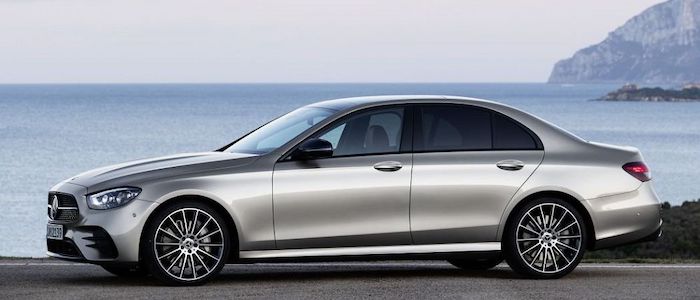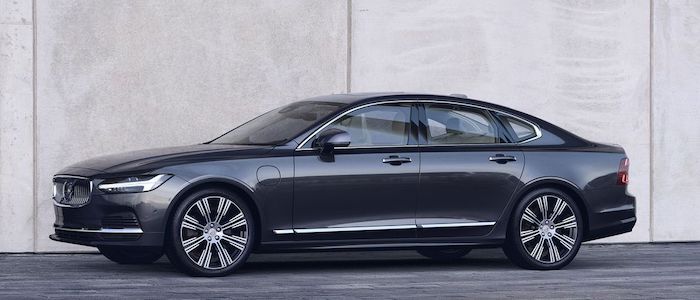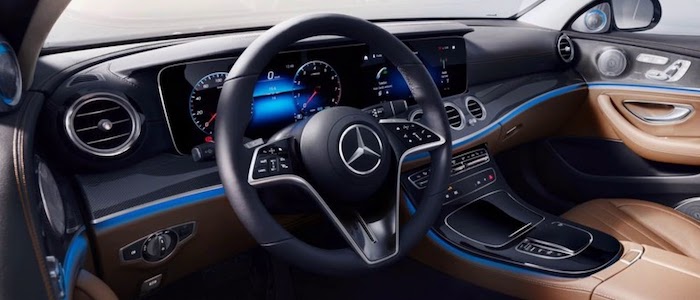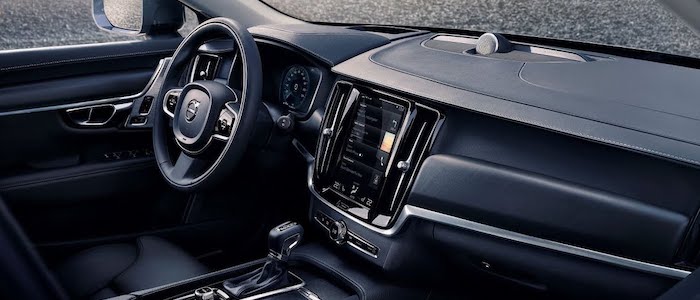Compare two cars
Compare any two cars and get our Virtual Adviser™ opinion
Dimensons & Outlines
Check vehicle history
Engine
Performance (manual gearbox)
Performance (automatic gearbox)
Expenses
Virtual Adviser's™ opinion
Two significantly similar cars, no doubt about that. Still, each one has something different to offer. Having both cars powered by diesel engines and utilizing the 4-door sedan body style within the same 'Luxury car' segment, the only major difference here really is their wheel drive configuration (rear for the Mercedes Benz and front in the case of the Volvo). The first one has a Mercedes Benz-engineered powertrain under the hood, a 4-cylinder, 16-valves 194hp unit, while the other one gets its power and torque from a 4-cylinder, 16-valves 190hp engine designed by Volvo.
SafetyBoth vehicles got tested by European New Car Assessment Programme (Euro NCAP), with the same number of safety stars gained in the process. Moving further on, let's take a closer look at some additional safety-related facts. Both vehicles belong to the luxury car segment, which is generally a very good thing safety-wise, still it doesn't help us solve our dilemma, does it? On the other hand, when it comes to weight, a factor that most people underestimate, the Swedish car offers a considerable difference of 16% more metal.
ReliabilityI don't like generalizing things when it comes to reliability, although it does seem that Volvo does have a slight advantage, when all the models are taken into account. These are the official statistics, while our visitors describe reliability of Mercedes Benz with an average rating of 4.3, and models under the Volvo badge with 3.2 out of 5. Unfortunatelly, I don't have enough insight that would allow me to comment in more details on the specific models level. We should definitely mention that owners of cars with the same powertrain as the German car rank it on average as 3.8, while the one under the competitor's bonnet gets 4.4 out of 5.
Performance & Fuel economyVolvo is a bit more agile, reaching 100km/h in 0.1 seconds less than its competitor. Still, it lacks the power to win the top speed competition, topping at 180 kilometers per hour, 60km/h less than the other car. When it comes to fuel economy the winner has to be the German car, averaging around 4.9 liters of fuel per 100 kilometers (58 mpg), in combined cycle. We can't ignore that 33% difference compared to the Swedish car.
Verdict
Volvo appears just a bit more reliable, although the difference is truly marginal. The most important thing when deciding between any two vehicles should always be safety, both passive and active. In my opinion, everything taken into account, the Swedish car offers significantly better overall protection, taking the lead here. From there things take a different direction, with Mercedes Benz being considerably quicker, thus putting more smile on driver's face. To make things even better, it consumps less fuel! I believe that, when we take all into account, we have only one winner here - the Mercedes Benz. Anyway, that's the most objective conclusion I could've came up with and it's based solely on the information found on this website. Aspects such as design, practicality, brand value and driving experience are there for you to measure them out. I suggest you spend two more minutes in order to find out which car, based on your needs and budget, would be picked by the virtual adviser™, out of 12.000+ vehicles we currently have in our database.































